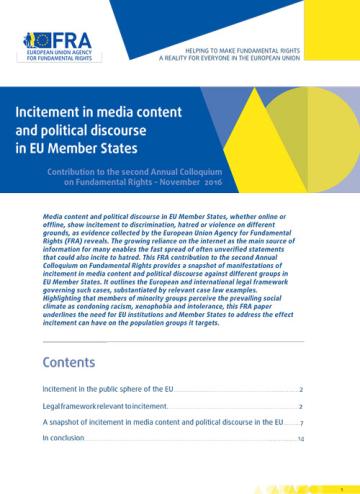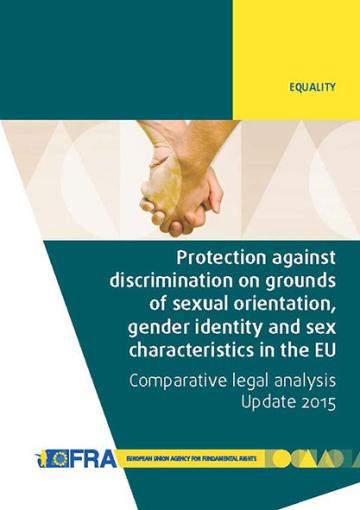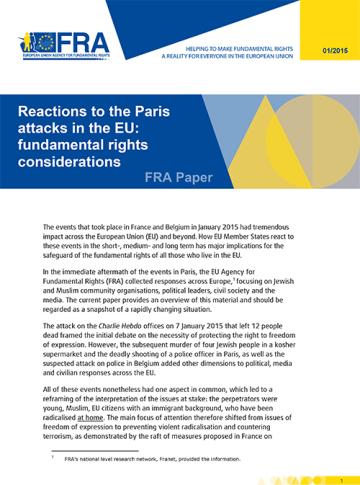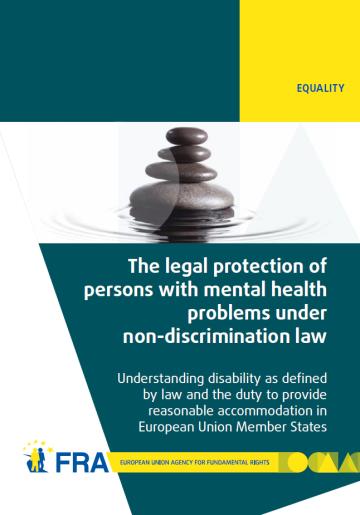1. El artículo 11 corresponde al artículo 10 del CEDH, que dice lo siguiente:
`1. Toda persona tiene derecho a la libertad de expresión. Este derecho comprende la libertad de opinión y la libertad de recibir o de comunicar informaciones o ideas sin que pueda haber injerencia de autoridades públicas y sin consideración de fronteras. El presente artículo no impide que los Estados sometan las empresas de radiodifusión, de cinematografía o de televisión a un régimen de autorización previa.
2. El ejercicio de estas libertades, que entrañan deberes y responsabilidades, podrá ser sometido a ciertas formalidades, condiciones, restricciones o sanciones previstas por la ley, que constituyan medidas necesarias, en una sociedad democrática, para la seguridad nacional, la integridad territorial o la seguridad pública, la defensa del orden y la prevención del delito, la protección de la salud o de la moral, la protección de la reputación o de los derechos ajenos, para impedir la divulgación de informaciones confidenciales o para garantizar la autoridad y la imparcialidad del poder judicial.`
En virtud del apartado 3 del artículo 52 de la Carta, este derecho tiene el mismo sentido y alcance que el garantizado por el CEDH y las limitaciones de que puede ser objeto este derecho no pueden por lo tanto sobrepasar las establecidas en el apartado 2 de su artículo 10, sin perjuicio de las restricciones que puede imponer el Derecho de la competencia de la Unión a la potestad de los Estados miembros de establecer los regímenes de autorización mencionados en la tercera frase del apartado 1 del artículo 10 del CEDH.
2. El apartado 2 del presente artículo precisa las consecuencias del apartado 1 con respecto a la libertad de los medios de comunicación. Se basa en particular en la jurisprudencia del Tribunal de Justicia relativa a la televisión, especialmente en el asunto C-288/89 (sentencia de 25 de julio de 1991, Stichting Collectieve Antennevoorziening Gouda y otros, Rec. 1991, p. I-4007) y en el Protocolo sobre el sistema de radiodifusión pública de los Estados miembros, anejo al Tratado CE y ahora a los Tratados, así como en la Directiva 89/552/CEE del Consejo (véase en particular su considerando n.o 17).




